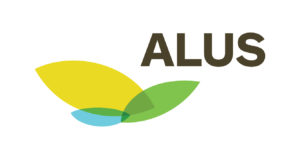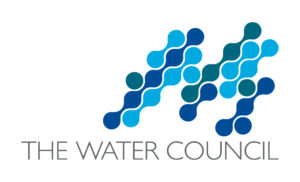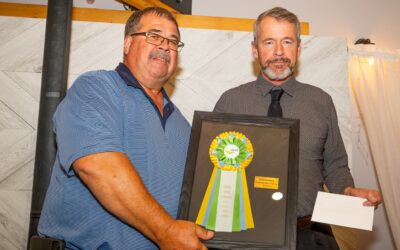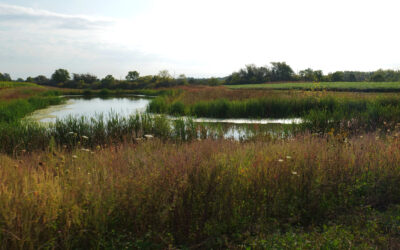Report finds water stewardship planning for producers can unlock value gains for their operations, for communities and for the environment
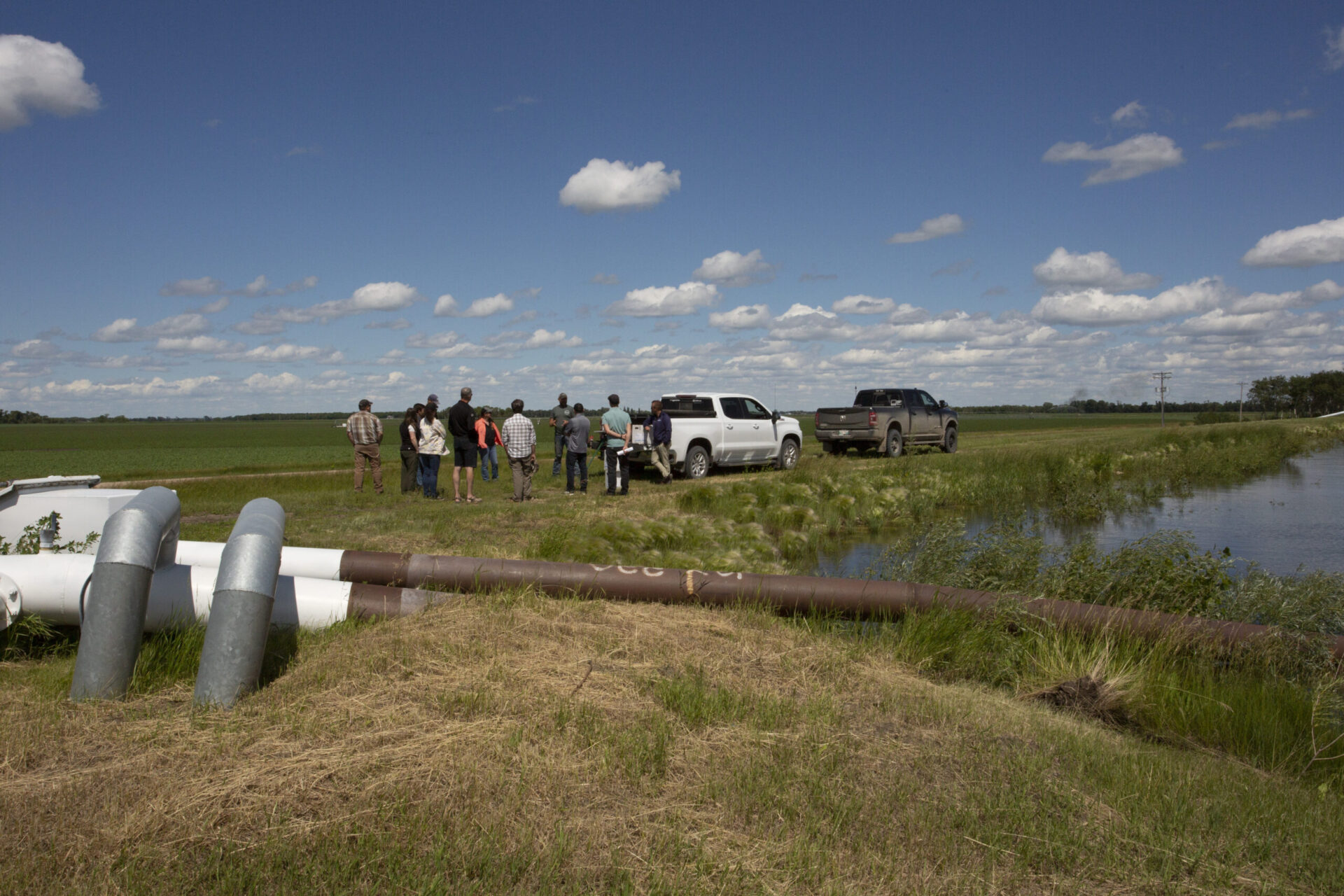
Members of the water stewardship pilot project discuss watershed impacts and water resource management at Corduroy Plains Reservoirs in Manitoba, June 2022.
Winnipeg, MB — August 14, 2023
Announced in 2022, a partnership of multinational organizations and non-profits has completed the first phase of testing a water stewardship standard in the Lake Winnipeg basin. This innovative, one-of-a-kind project aimed at helping farmers succeed in water stewardship showcases promising findings in the first year of this two-year pilot.
The pilot was undertaken in partnership between The Water Council, Nutrien, BASF, General Mills, J.R. Simplot Company and ALUS worked with producers in the Lake Winnipeg basin to develop comprehensive water stewardship plans. The plans were developed in accordance with the Alliance for Water Stewardship (AWS) standard and subsequently analyzed by EcoMetrics.
Overall, the analysis found that on-farm water management strategies (e.g. irrigation, resource management, etc.) already contribute value to the environment and communities and that significant additional environmental, social and economic value can be gained by implementing an AWS standard to drive future water stewardship. These water stewardship plans, developed during the pilot project, stand to benefit water resource management and have a beneficial ripple effect on other environmental, operational and stakeholder outcomes.
“In the world currently, there’s more and more push from the public to have food sustainability. Therefore, we are seeing more push from buyers to have us, the farmers, participating in programs such as this as a sort of ‘record’ to show what good we are doing. We want to stay ahead of the curve and be proactive,” says Chad Berry, Owner and Operator, Under the Hill Farms and pilot project participant.
Through this pilot, producers broadened their knowledge of practices and actions that contribute to water stewardship across their respective operations. This allowed the participants to craft detailed water stewardship plans in accordance with the AWS standard. When analyzed by EcoMetrics, the project reported that the producers, environment and communities can recognize an additional net positive benefits from full implementation of water stewardship strategies, providing outcomes like soil stabilization, reduced runoff, increased water availability, a more stable rural economy and increased biodiversity.
“Water stewardship to us means protecting water quality and availability and taking ownership of water related issues on the farm,” says Russel Jonk, Owner and Operator, Swansfleet Alliance and pilot project participant.
Taking proactive ownership of water related issues to benefit consumers and the environment requires partnerships beyond the farm, as water is a shared resource. For this reason, the project included assessment of the water stewardship plans to understand how practices benefit stakeholders beyond the producer, such as communities within the watershed and food and agriculture companies who sell food products to consumers and provide services to farmers. EcoMetrics’ analysis helps to uncover the social return on investment for water stewardship actions.
EcoMetrics is a technology and methodology that identifies, quantifies and values (in monetary terms) a project’s environmental, social and economic impacts. The process uses recognized and credible protocols, including the Social Value International (SVI) framework and International Integrated Reporting Council Framework (IIRC). The EcoMetrics methodology and final report are fully auditable.
Outcomes of the stewardship plans with the most potential impact across the 34,000 acres encompassed by the Lake Winnipeg basin pilot project as forecasted by the EcoMetrics reports will be found in soil stabilization, water supply, biological control and profitability of sustainable practices. Additionally, the water stewardship plans evidenced meaningful value for carbon, nitrogen and phosphorus management, as relevant markets emerge.
This firmly aligns with the views of the farmers participating in this pilot, as they look for tools to ensure the resilience of their operations into the future.
“The program has done a good job of highlighting how many stakeholders there are in relation to our farm’s water use,” says Berry.
Soil stabilization and water supply are costly for the participating operators to implement independently under current water management regimes. However, through expanded water stewardship practices and development of partnerships, farms can implement these strategies and significantly contribute towards soil stabilization, water conservation and water quality improvements.
The expected value of water stewardship plans like those developed through the pilot is anticipated as quite meaningful at scale, with more benefits accrued as producers adopt a full suite of stewardship practices. Following the AWS standard, implementation of water stewardship plans would align with producers’ desires to use water resources efficiently and for the benefit of their operations, communities and the environment. Such practices not only represent an opportunity for producers, but for other market actors looking to support the long-term resilience of the agricultural sector, communities and the natural world.
For Inquiries Contact
Mike Nemeth, Senior Advisor, Agricultural and Environmental Sustainability, Nutrien
[email protected]
Mollie Wulff, Corporate Communications Manager, General Mills
[email protected]

